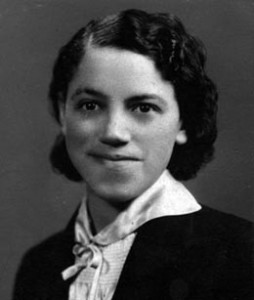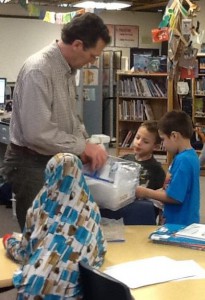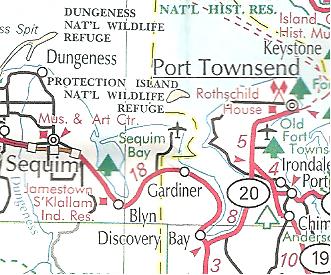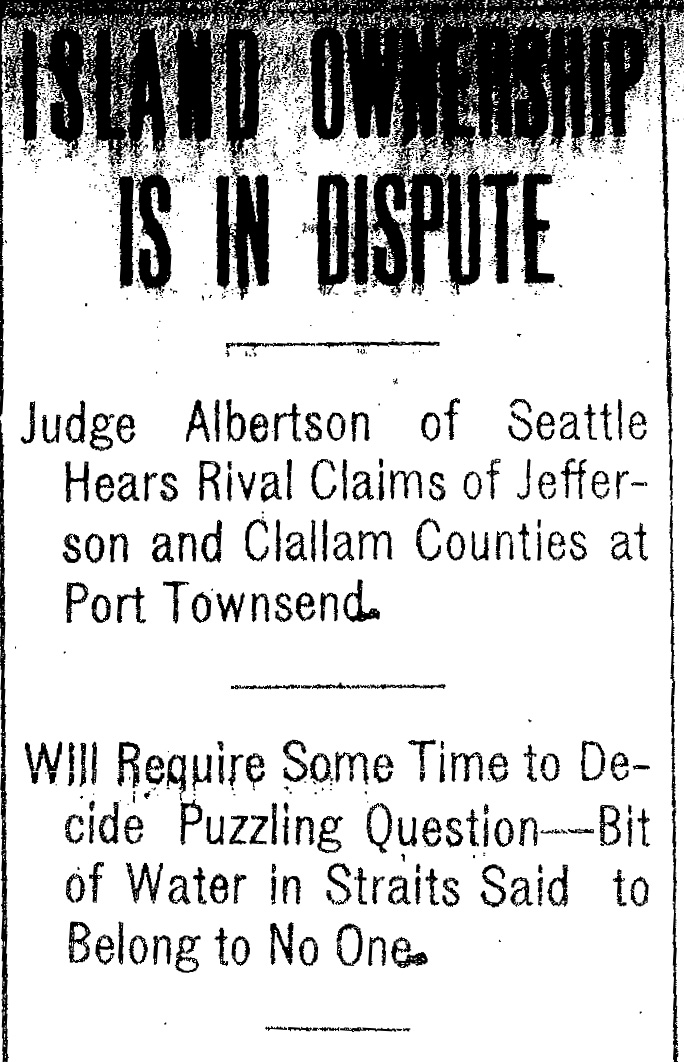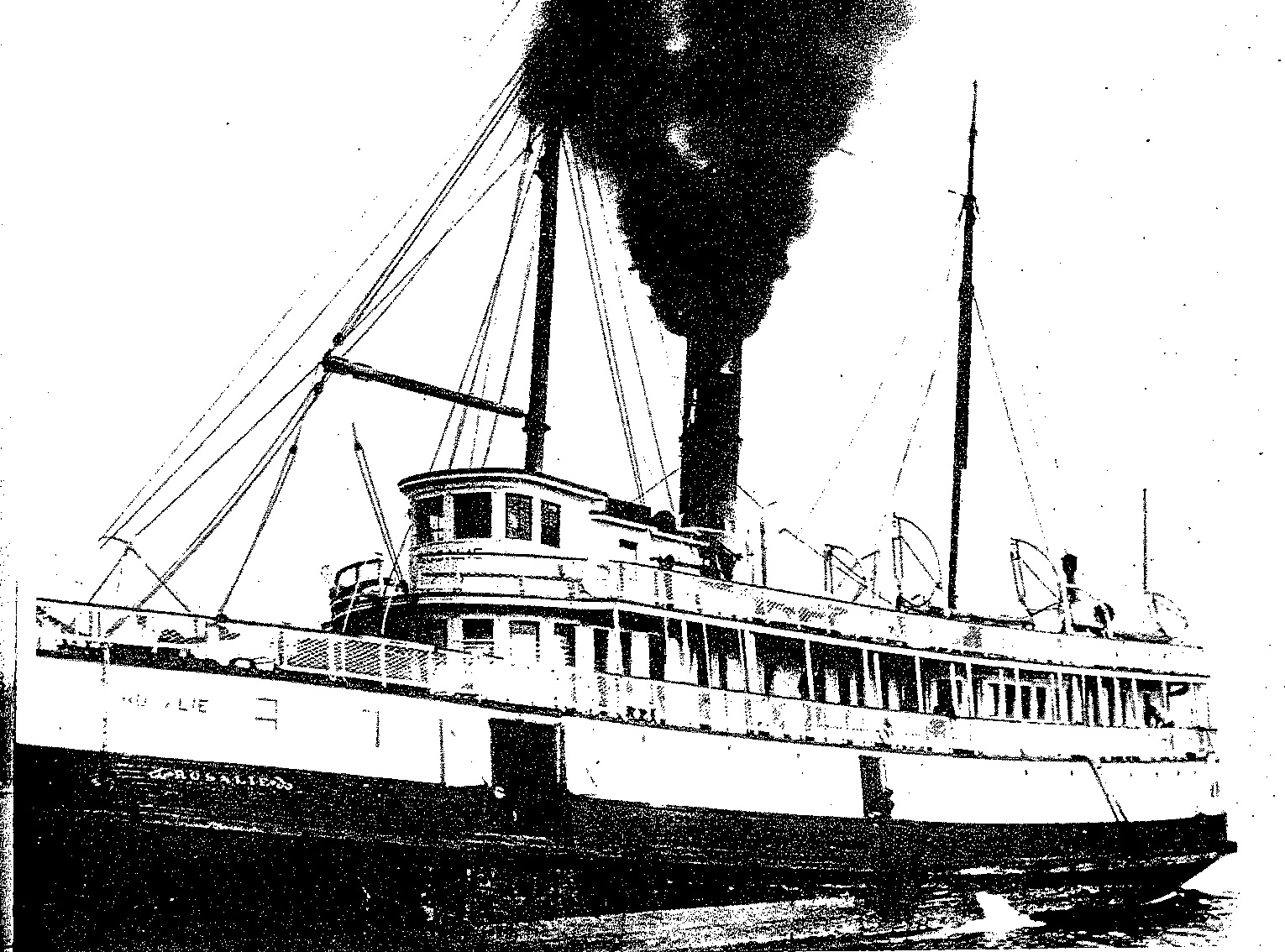If you had to use one word to describe Jennifer “Non-stop” would be a good one. Other words that apply are enthusiastic, friendly, and knowledgeable. 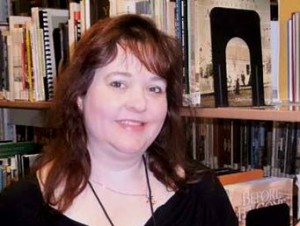
Jennifer has worked in libraries for over 25 years starting in her high school years at King County Library (KCLS) as a Page. She continued working for KCLS all through her college and graduate school days honing her skills as she went. Her dream job and where she focused her education was in Children’s Services and fresh out of library school she went to work for the Ellensburg City Library as the youth services librarian. Pulling on her experience at KCLS and knowing what was possible, Jennifer took the children’s program to a new level introducing baby and toddler story times, school age programs as well as teen programming. With her quiet charm she roped in the Police and Fire Departments, the City Manager and the Mayor to come and read to the kids. She participated on behalf of the library with the kids in the Ellensburg parade, rode on a float and had on average four programs A DAY! One of the most popular programs was an American Girl Doll event. It started as a Victorian tea complete with real china but soon became a multi-age event for both boys and girls where they put on plays. As she said “The kids enjoy being stage managers and lighting engineers even if they won’t appear on stage.” Sets were made, costumes produced, the show must go on! Jennifer stressed however, that the kids did the work, she just coordinated the event. Did I say “non-stop”?
Besides her day to day work, while in Ellensburg, Jennifer was also the backup Library Director and was often called on to function in this role. In her “free time” She became involved in CAYAS and has been active in the Washington Library Association (WLA) since 1997.
Jennifer loved her time in Ellensburg but wanting to be closer to family she moved back to Western Washington and to the Sno-Isle Libraries, specifically the Mukilteo Library. While at Sno-Isle she was promoted to Assistant Children’s Service Manager. She co-implemented an early learning program called “Ready Readers”. She reports that working with the Children’s staff at Sno-Isle is “Where I got my love of training.” Jennifer’s tenure at Sno-Isle was before Washington’s state-wide involvement with the Collaborative Summer Library Program (CSLP), each library had to create their own Summer Reading Program.
She developed a partnership with authors/illustrators to help produce programs and materials for the SRP and other programming and is still friends with many of these authors.
While at Sno-Isle, Jennifer also worked as a collection development librarian and was “loaned” to Lake Stevens Library as a Branch Manager. She found she really liked the “high level work” and that is what eventually led her to the State Library.
Ready for new challenges, in 2008 Jennifer became the Training Coordinator for Washington State, coordinating trainings both in person and online. She plans at least two major “on the ground” events a year, this year’s being the wildly successful “Gadget Menagerie” and “Mental Health First Aid”. “She also partners with the WLA on a Continuing Education Needs Assessment which goes to all librarians in Washington state. This fall look for a Social Media training and more sessions of “Leading without Authority.” Judging on the success of Jennifer’s past programs you might want to sign up early.
You would think with ALL this going on in her life there would be no time for anything else but Jennifer has a husband and two dogs to keep her busy in her off hours. She and her husband make jewelry (just look the next time you see her) and love to travel. Her cubicle walls are covered with gorgeous pictures taken in London, Hawaii and Egypt. 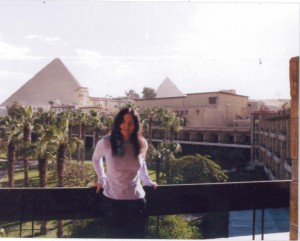
But enough from me, let’s see what her fans have to say about her.
“Jennifer is a person of many dimensions but more than anything she is patient, everywhere and every when, she is cool, calm and patient with, well, everybody.”
Lauren L R Murphy, Senior Librarian, Bonney Lake Pierce County Library
“I have worked with Jennifer on numerous projects and her depth of knowledge is always a great asset to each one. She brings a genuine enthusiasm to everything she does and her professional joy is infectious. Jenn is such a treasure to work with!”
Brianna K. Hoffman Richland Public Library
“I admire her as a ‘connector’ creating networks with people state-wide as well as with CE people in other libraries around the country.”
Jeanne Fondrie, Learning Coordinator, Whatcom County Library System
‘I first met Jennifer when I was a new librarian – I followed her as children’s librarian at the Mukilteo Library. From the beginning, I appreciated the way she took me under her wing and mentored me… I can always count on Jennifer to offer advice on potential trainers, improving training or leadership. She is knowledgeable, friendly and approachable.”
Kristin Piepho, Children’s Coordinator, Sno-Isle Libraries
Are you tired reading this? I could barely keep up with taking notes. Do you have a training need? Washington Librarians and libraries are in good hands with Jennifer Fenton.







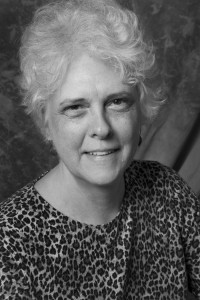

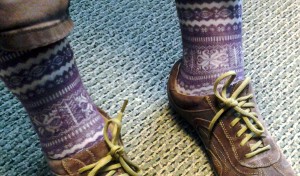
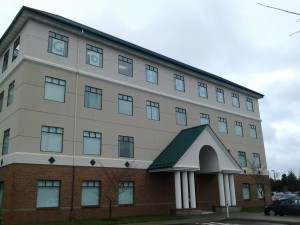
![Mr. Jackson is shown in the Illustrated History of Mason County, by Susan Olsen and Mary Randlette (1978) Additional information on Dick Jackson can be found in the rise and decline of the Olympia oyster, by E. N. Steele [Elma, Wash., Fulco Publications, 1957]](https://blogs.sos.wa.gov/library/wp-content/uploads/2014/03/persevering-the-history-and-culture-3_img_0-229x300.jpg)

